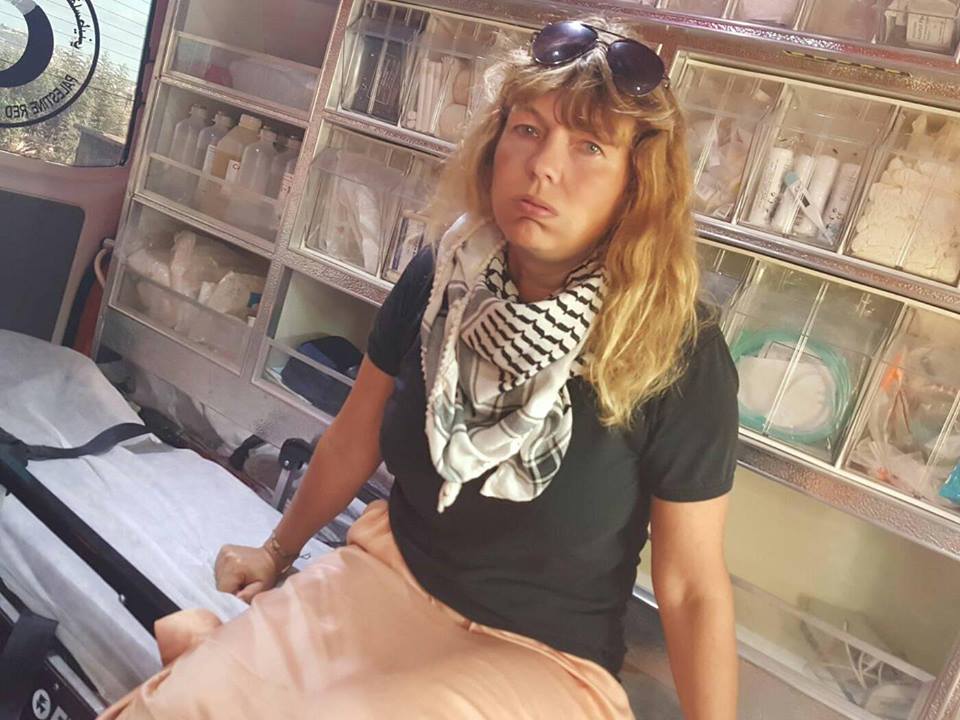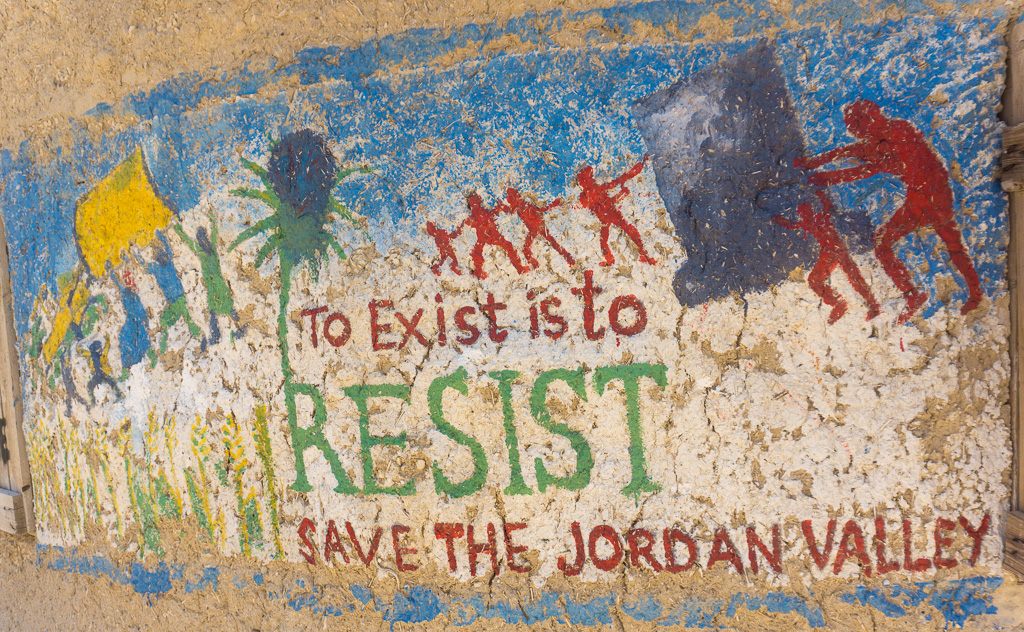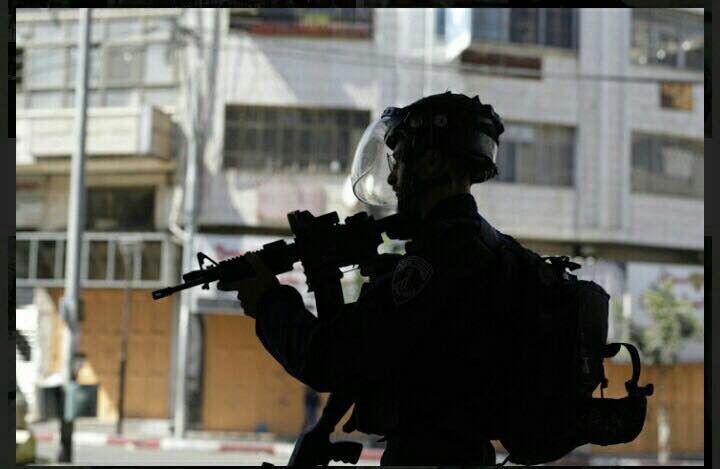Category: Features
-
A statement from the Norwegian ISM volunteer targeted and shot by an Israeli soldier in Kafr Qaddum, video included
18th August 2018 | International Solidarity Movement, Ramallah team | Kafr Qaddum, occupied Palestine A description of the events of Saturday, 18th of August, from the Norwegian ISM volunteer targeted and shot by a soldier in Kafr Qaddum I, Kristin Foss (43) work as a volunteer for ISM (International Solidarity Movement). ISM is a…
-
Diary entry from an ISM volunteer. Northern Jordan Valley.
13th August 2018 | Kristin Foss, International Solidarity Movement | Northern Jordan Valley I lost my flight.. On purpose.. I was pretty sure I would though, when I left for Palestine. To be honest, I don’t think its gonne make it easier to leave later. The more I know, the more people I know – the more involved…
-
Friday demonstration violently repressed in Hebron
11th August 2018 | International Solidarity Movement, Al-Khalil Team | Hebron, occupied Palestine Yesterday, on the 10th of August, the Friday demonstration in the city of Hebron (Al-Khalil) was violently repressed by Israeli forces. Unarmed protestors gathered after Friday prayers, around 13:30, to protest against the occupation and in solidarity with Gaza. During the…



